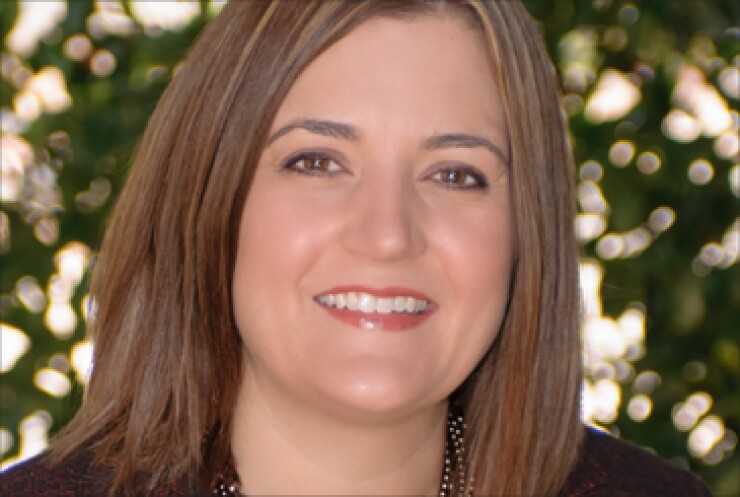
WASHINGTON — It is going take some time before it comes to fruition, but the Federal Housing Finance Agency got the ball rolling Tuesday on pushing Fannie Mae and Freddie Mac to begin purchasing manufactured housing loans.
The agency finalized its rule to mandate a "duty to serve" for the government-sponsored enterprises that includes incentives to enter that market, creating a pilot program under which they receive credit for purchasing manufactured homes secured by real estate.
Manufactured housing advocates welcomed the move, which they hope will increase the availability of so-called chattel loans, which industry players argue is a big problem at present.
"Anything the agencies can do toward the purchase of manufactured housing loans, including chattel loans, will do a great deal to help solve that crisis," said Richard Ernst, chairman of the financial services division of the Manufactured Housing Institute.
The group had hoped FHFA might move faster, but said the pilot program was a good start.
"We recognize that the GSEs need time to work through risk and operational issues," said Lesli Gooch, the group's senior vice president for government affairs. The rule "accomplishes the goal of encouraging the GSEs into the chattel lending market and allows for the development of a full and robust secondary market for chattel loans in the near future."
Community groups were also pleased, noting that the final rule gives the GSEs credit for their research and development efforts on chattel lending for manufactured housing loans that are not titled as real estate loans. Nearly 70% of such homes are financed with chattel loans.
"That was one of our suggestions. It gives them an incentive to start and get out of the gate right away," said Doug Ryan, executive director of the Center for Economic Development.
The final rule also allows the GSEs to purchase mortgages secured by manufactured housing communities that are also known as "blanket loans." Up until now, the GSEs have generally financed high-end manufactured housing communities that cater to retired persons.
Soon they will be encouraged to finance mortgages of such communities that are owned by the residents or mission-driven organizations such as nonprofits and public housing authorities.
Ryan expects Fannie and Freddie will be able to purchase blanket loans sooner than chattel loans. "Blanket loans could take off faster," Ryan said in an interview. "This would help residents buy their properties and preserve affordable housing."
The rule also gives the GSEs credit for supporting the preservation of affordable rental housing and affordable homeownership opportunities, such as shared equity homeownership programs. Additionally, Fannie and Freddie will receive credit for supporting housing in high-needs rural regions.
The duty to serve rule also encourages Fannie and Freddie to invest in low-income housing tax credits again, something they have not done since they were placed in conservatorship in 2008.
That drew the ire of the American Bankers Association, which said there's no reason to allow the GSEs back into the market.
The market is "a vibrant, fully subscribed market," said Joseph Pigg, a senior vice president for the ABA. "Allowing the GSEs back into the market will likely be disruptive and will drive smaller players from the field — and we do not see how that serves to further the goals of expanding affordable housing, especially in underserved areas."
The FHFA noted that the GSEs will be limited to rural areas eligible for duty to serve credit under the final rule.
In addition, FHFA will also be reviewing and approving Fannie and Freddie's low-income housing tax credit equity investments.
Fannie and Freddie are expected to submit plans to FHFA on how they will meet the requirements of the duty to serve rule. Once approved, the GSEs will receive points based on their follow-through in implementing the plans.
The FHFA will annually evaluate, rate and report to Congress each GSE's compliance with the rule. The assessment has three parts: a quantitative evaluation, qualitative assessment and a grade for extra-credit-eligible activities, including those that promote residential economic diversity. They will also be judged based on the impact of their activities.
The agency plans to host "public listening sessions" to obtain input on the GSE's Underserved Markets Plans. The first session is scheduled for Jan. 25 at the Federal Reserve Bank of Chicago.
The rule becomes effective 30 days after its publication in the Federal Register.




